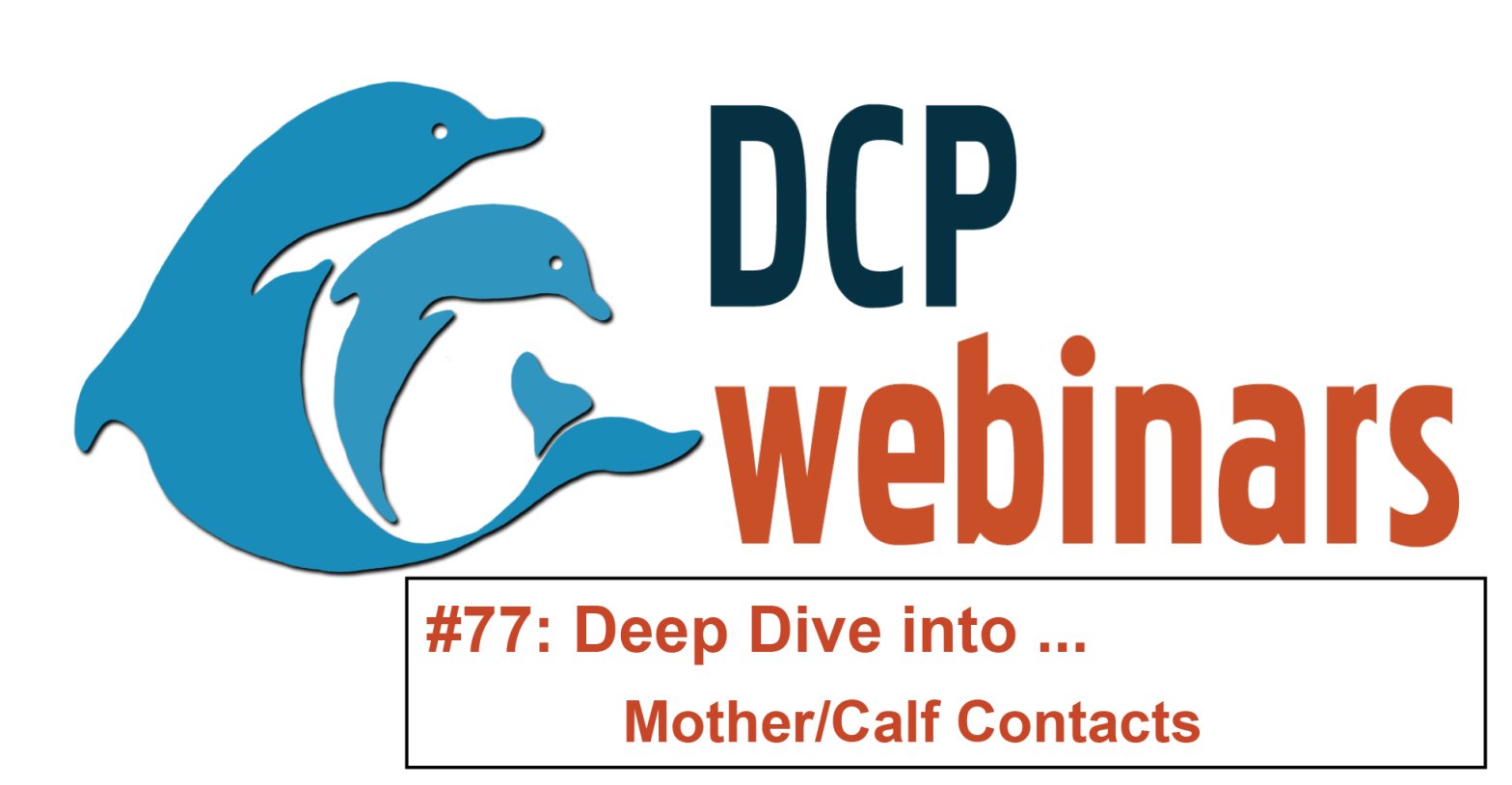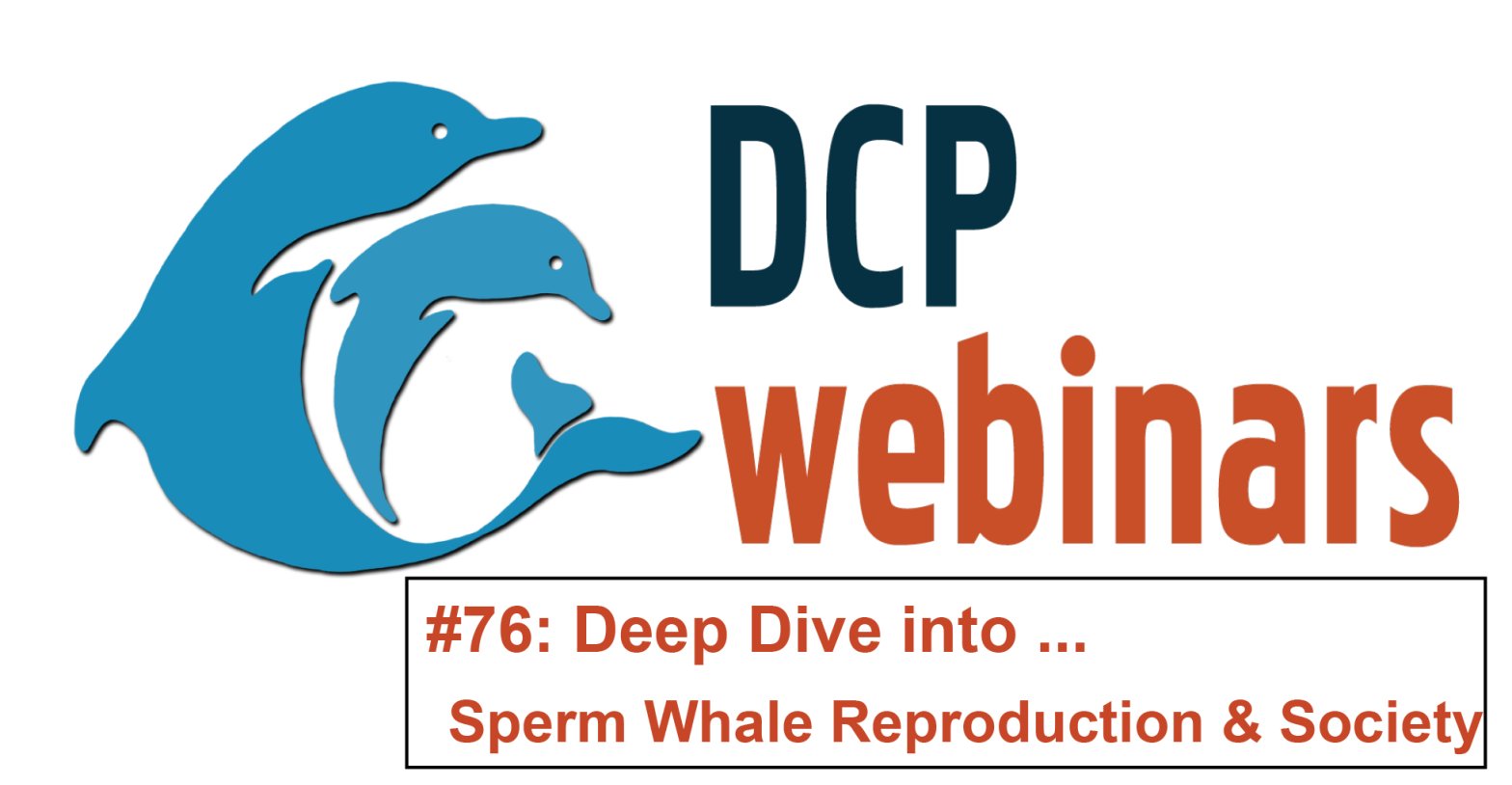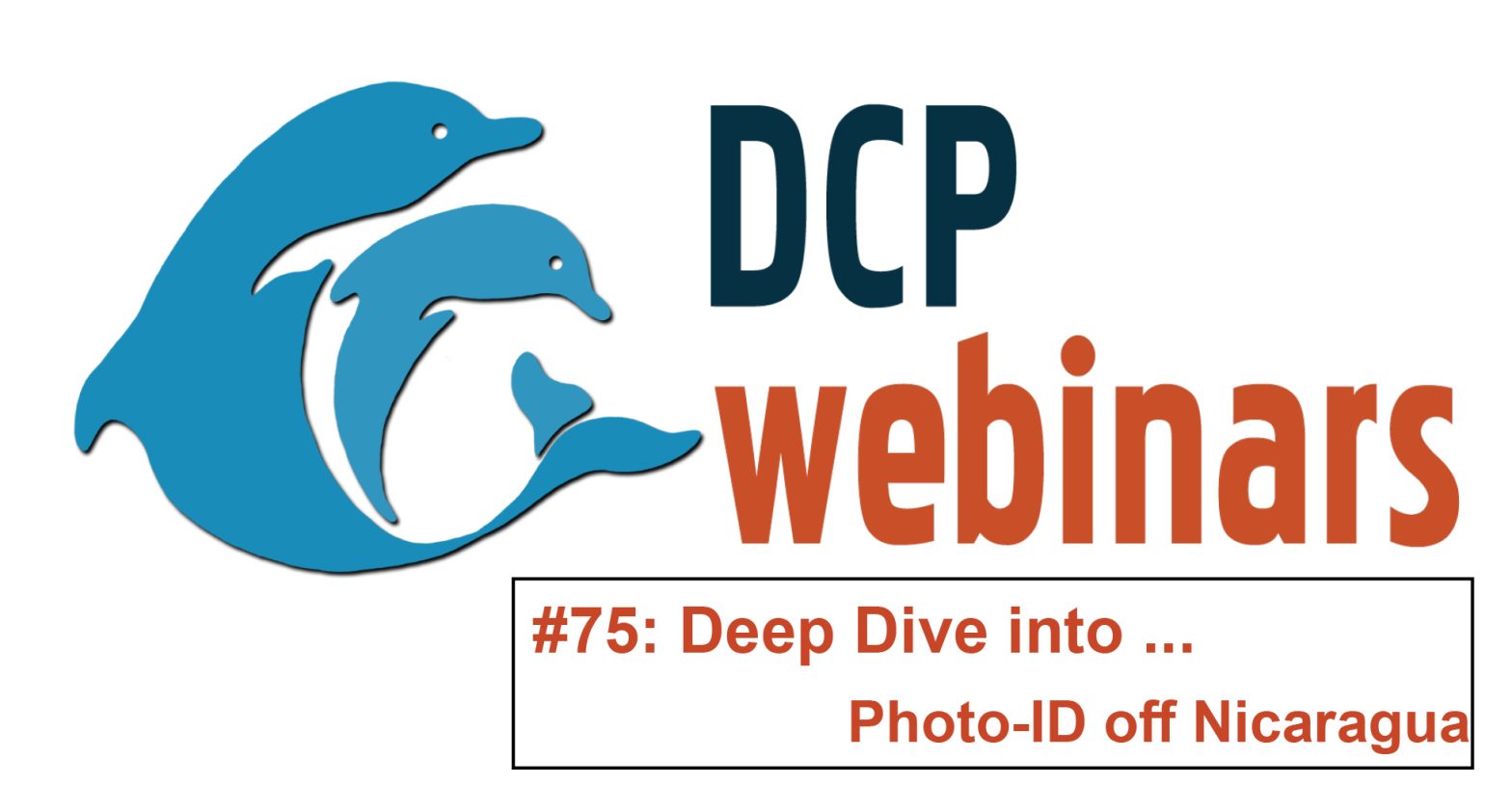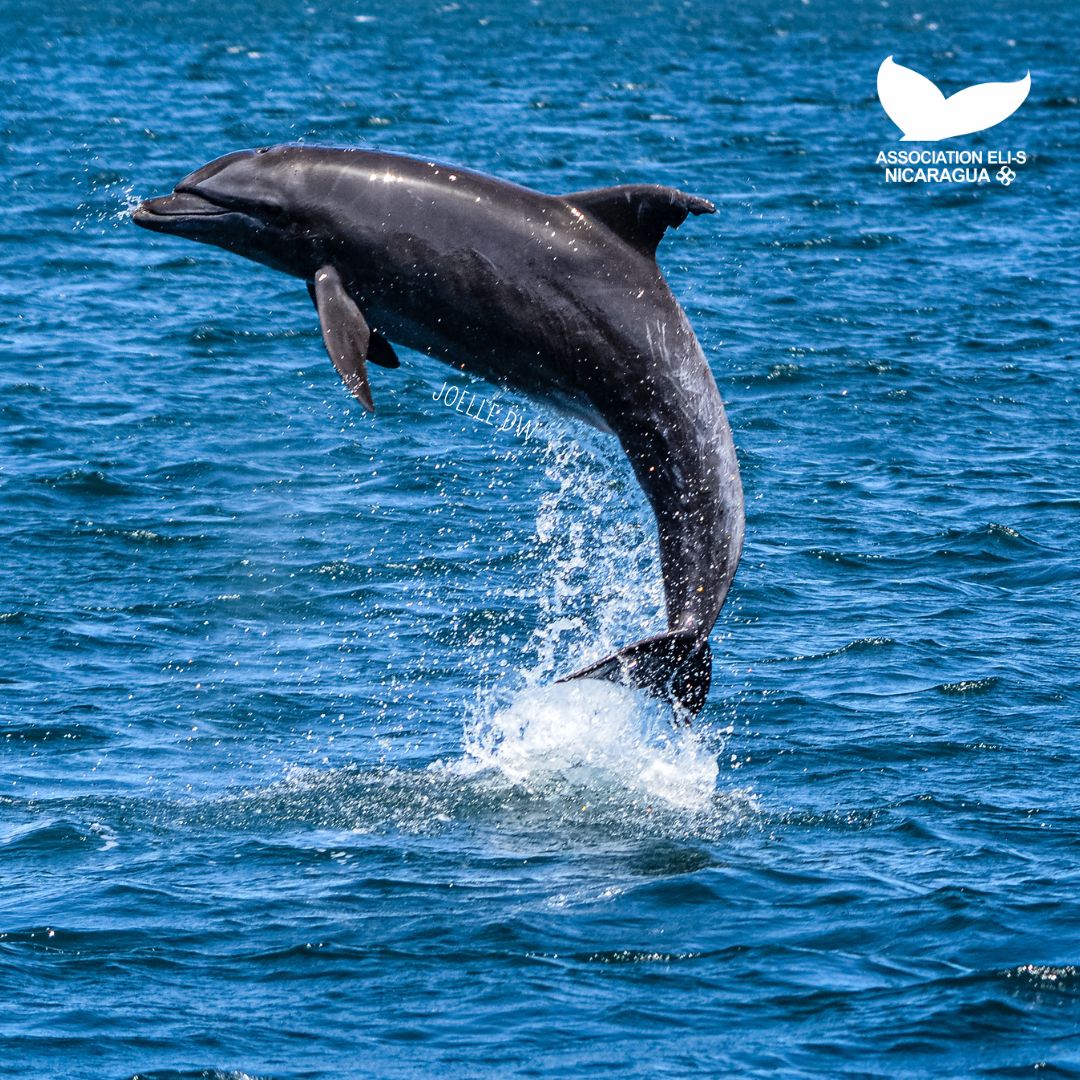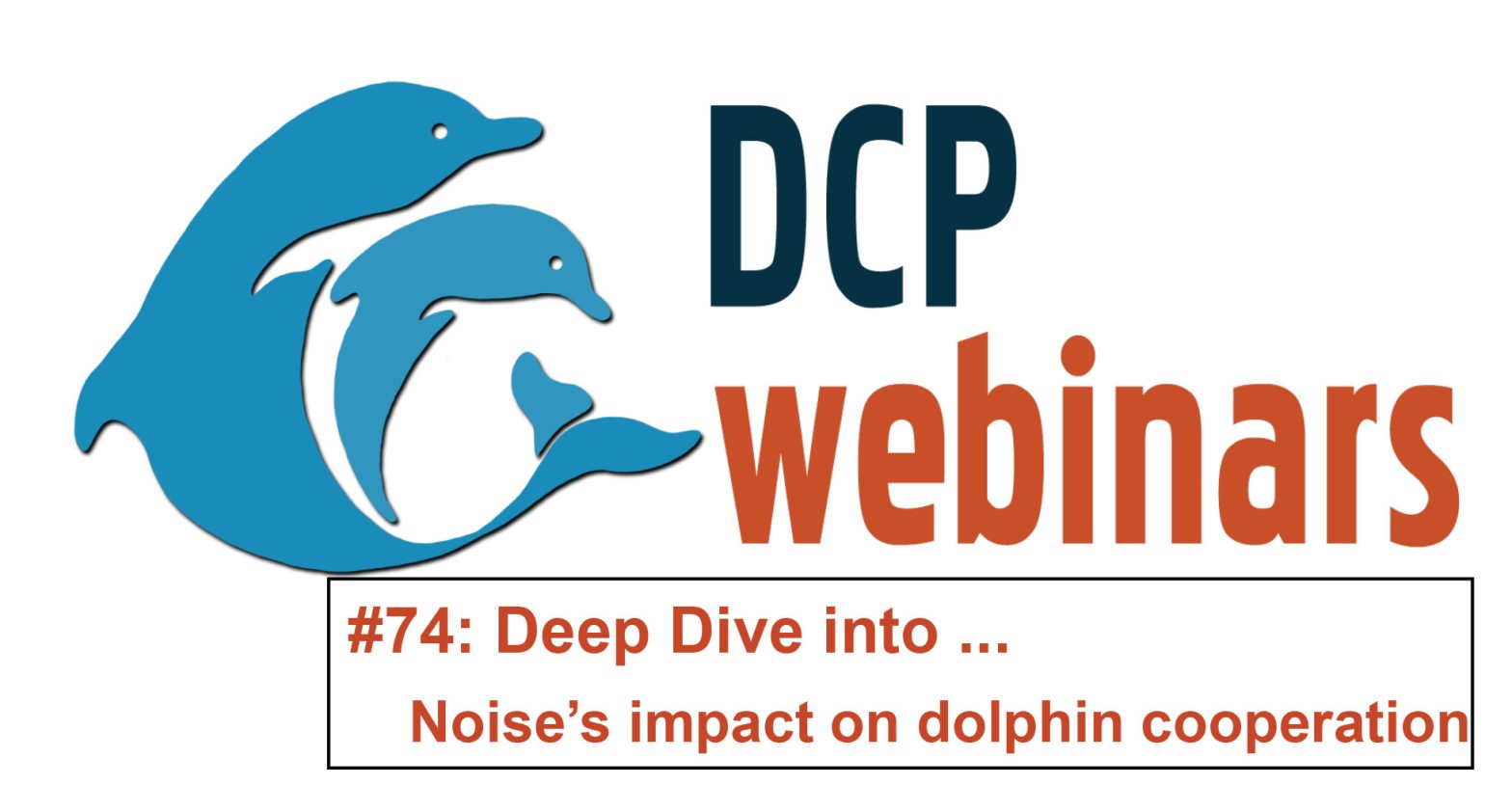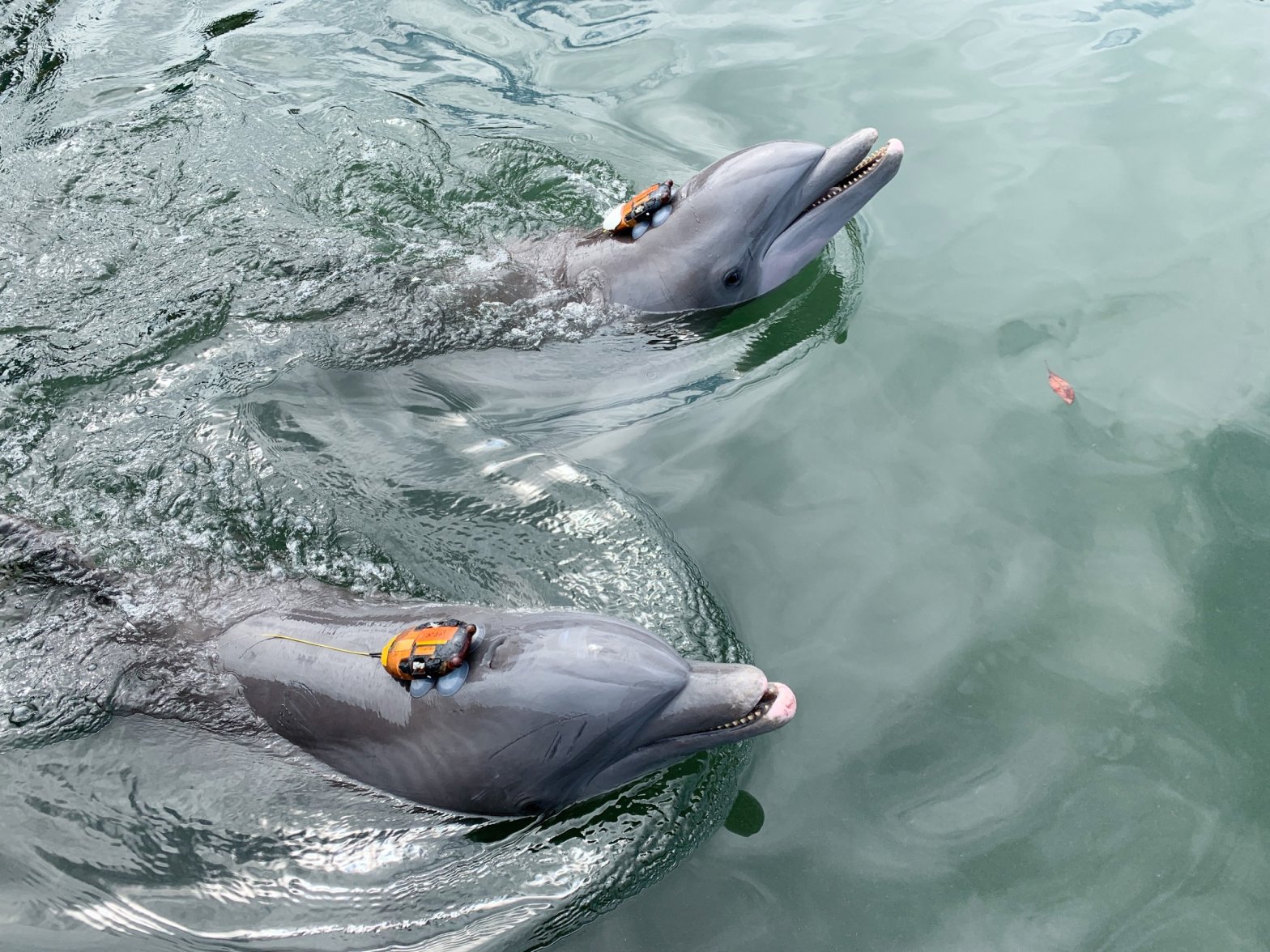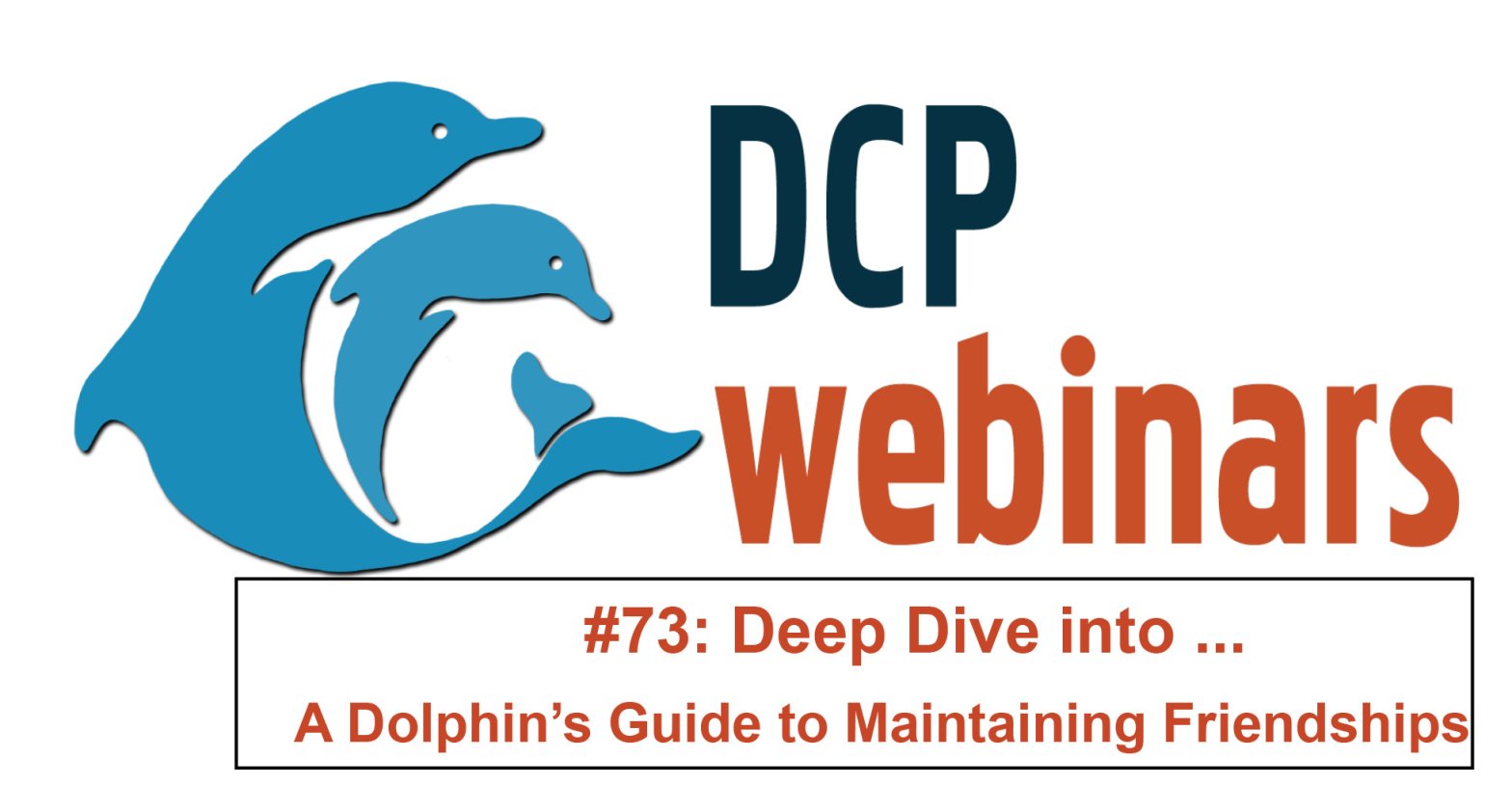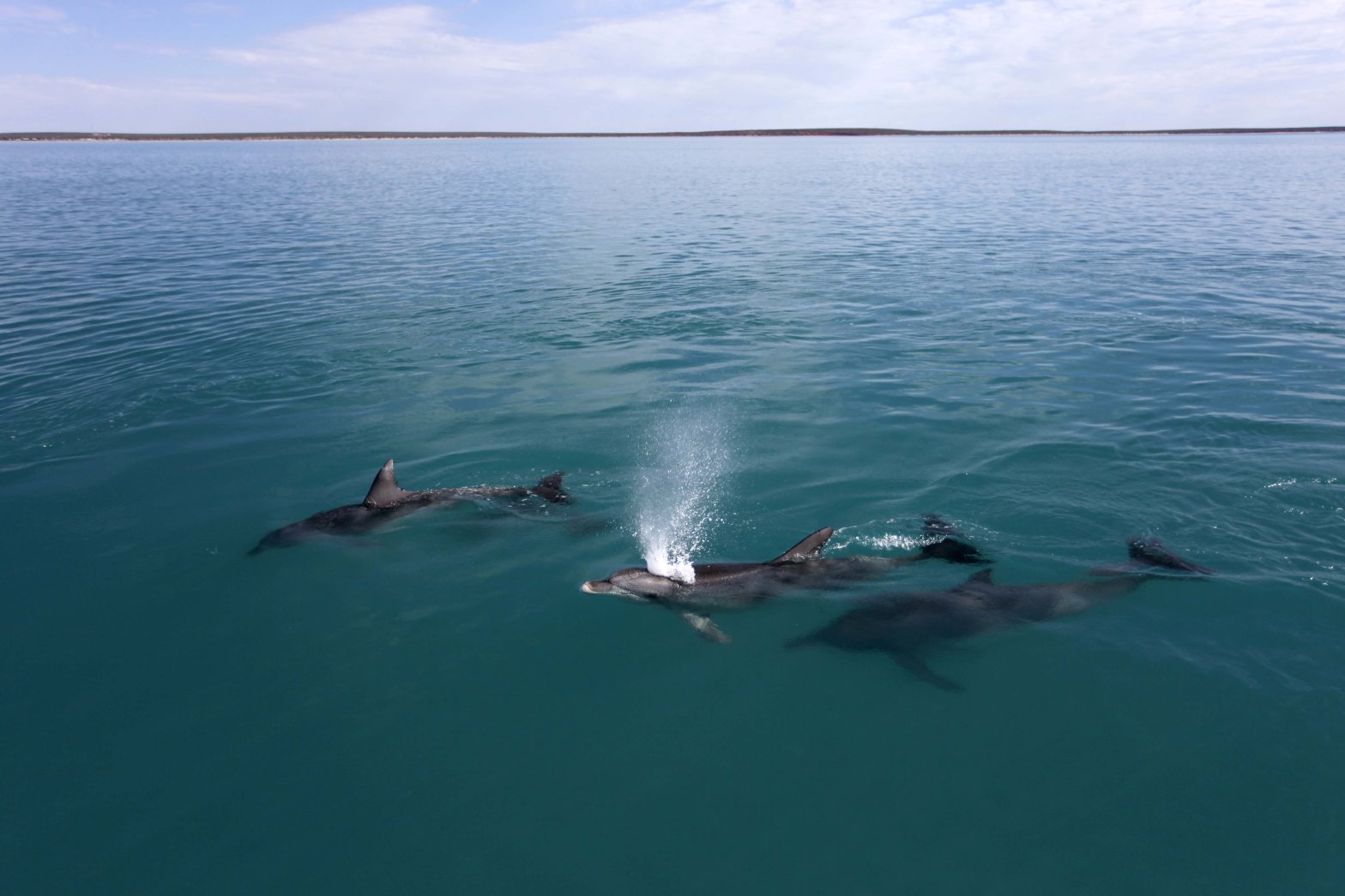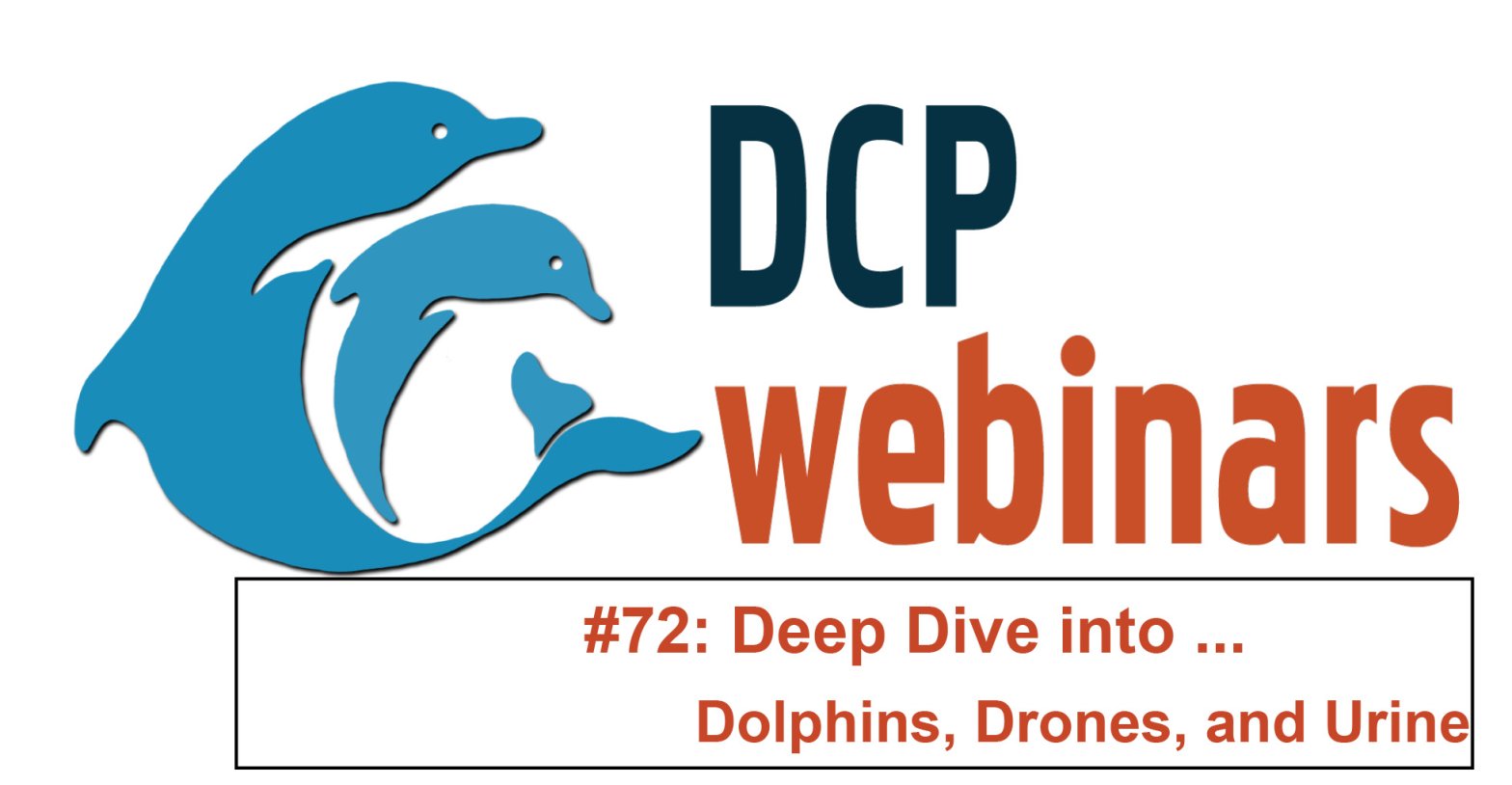The relationship between a bottlenose dolphin mother and her calf is vital for the survival of the young, but many of the details are yet to be fully understood. This talk explores the physical contacts that are shared between these individuals and suggests explanations for the patterns found in DCP’s recent study.
This Deep Dive was presented by Savanna Duda on 20 March 2024.
Tag: deep dive
North Atlantic Right Whale Webinar
Topic: North Atlantic Right Whales
Live: Tue 26 Mar 2024, 6:00 pm ET
–Password Required–
Learn about the plight of these endangered whales from Lauren Rust, founder and director of the Lowcountry Marine Mammal Network.
DCP Deep Dive: Sperm Whale Reproduction & Society
Sperm whales are well known for being deep-diving predators with extraordinary hunting abilities. They also have a fascinating social system, much of which is shaped by their reproductive strategies and calf-caring behavior. This talk goes beyond DCP’s team and main study species, reviewing what scientists currently know about sperm whale sociality and reproduction, as well as outstanding questions.
This presentation was given by Ana Eguiguren on 6 Feb 2024.
DCP DEEP DIVE: Photo-ID off Nicaragua
Bottlenose dolphins are fascinating animals that are studied in a lot of places in the world. Scientists use their dorsal fins to individually identify them and unravel their social structure. For this talk, we headed away from DCP’s field sites to dive in with Joëlle De Weerdt to learn more about the dolphins she studies off Nicaragua.
Deep Dive: Photo-identification of dolphins, what can it tell us?
Tuesday, 23 May, 10:00a ET, we head away from DCP’s field sites to dive in with Joëlle De Weerdt to learn more about the dolphins she studies off Nicaragua.
Password Required!
Read more for Zoom Meeting ID.
DCP Deep Dive: Human-made noise impacts bottlenose dolphins’ ability to work together
Human-made noise poses a significant problem for a wide range of animals. In this talk Pernille Meyer Sørensen presents the results of a recent study done in collaboration with the Dolphin Research Center, in Florida, in which they investigated how noise affected two dolphins working together.
DCP Deep Dive: Human-made noise impacts bottlenose dolphins’ ability to work together
*Password Required*
March 15, 2023, Noon ET
Human-made noise poses a significant problem for a wide range of animals. Individuals across animal groups have been shown to use different vocal and other behavioral strategies to compensate for the effects of noise, however, little is known of how successful they are at overcoming the impacts of noise disturbance when working together. In this talk Pernille Meyer Sørensen will present the results of a recent study done in collaboration with the Dolphin Research Center, in Florida, in which they investigated how noise affected two dolphins working together.
DCP Deep Dive: A Dolphin’s Guide to Maintaining Friendships
Emma Chereskin talks about the male bottlenose dolphins of Shark Bay, Australia in this “Deep Dive.” These dolphins form the most complex alliance structure outside of humans. Forming alliances, and maintaining those friendships, is vital in securing paternities and protecting females from rival males. In this talk, Emma explores the wide variety of mechanisms, such as touch, synchrony, and sound, used by these dolphins to maintain their decades-long friendships.
Deep Dive: A Dolphin’s Guide to Maintaining Friendships
*Password now required*
February 28, 2023, Noon, ET (UTC -5)
Join us as Emma Chereskin talks about the male bottlenose dolphins of Shark Bay, Australia. These dolphins form the most complex alliance structure outside of humans. Forming alliances, and maintaining those friendships, is vital in securing paternities and protecting females from rival males. In this talk, we will explore the wide variety of mechanisms, such as touch, synchrony, and sound, used by these dolphins to maintain their decades-long friendships.
DCP Deep Dive: Dolphins, Drones, and Urine
Dr. Jason Bruck takes viewers on a meandering journey studying one of the world’s coolest animals. This talk covers communication, cognition, and conservation in dolphins and helps illuminate what we know about dolphin behavior as well as how we can use drones to evaluate dolphin health.

